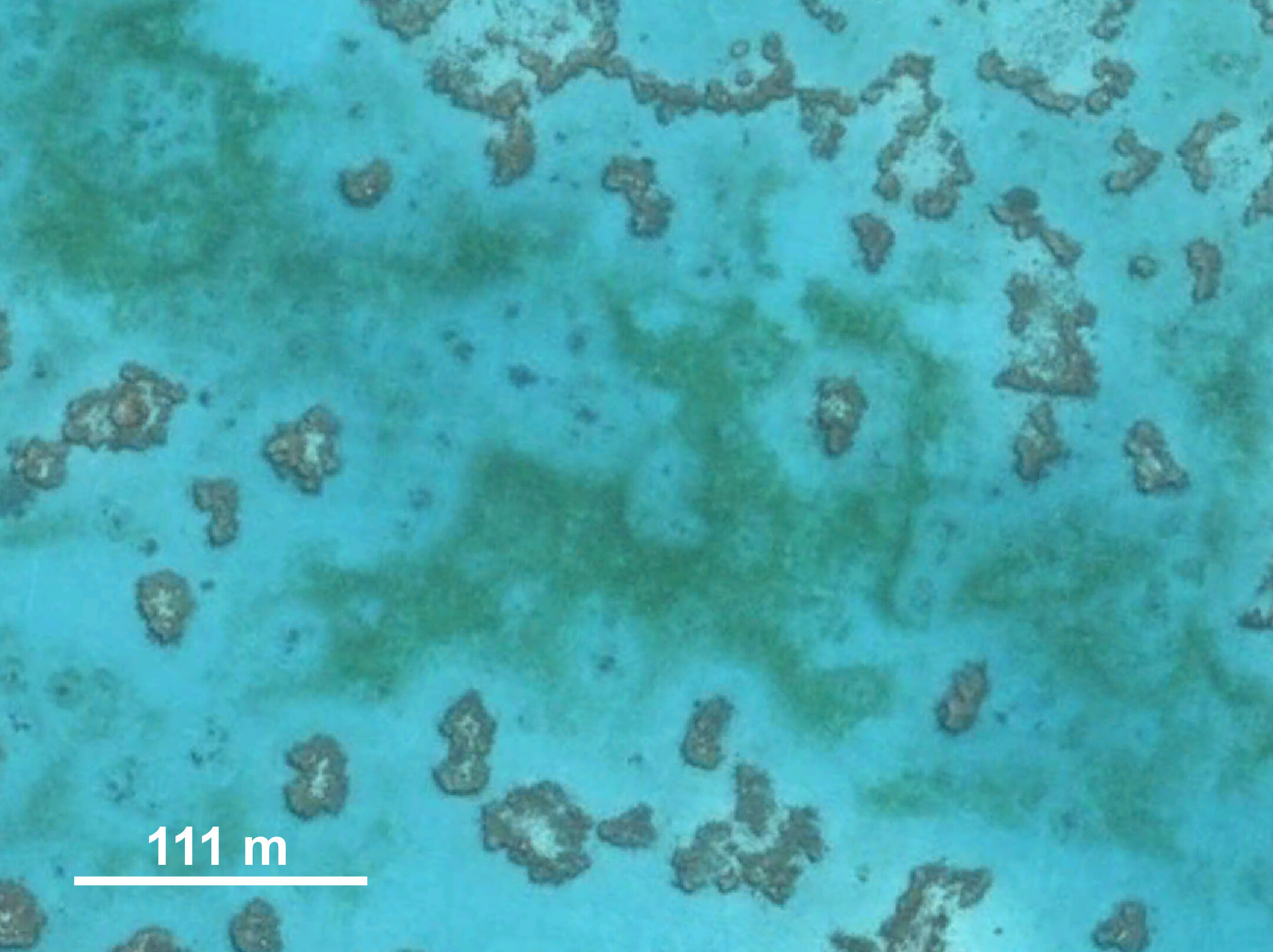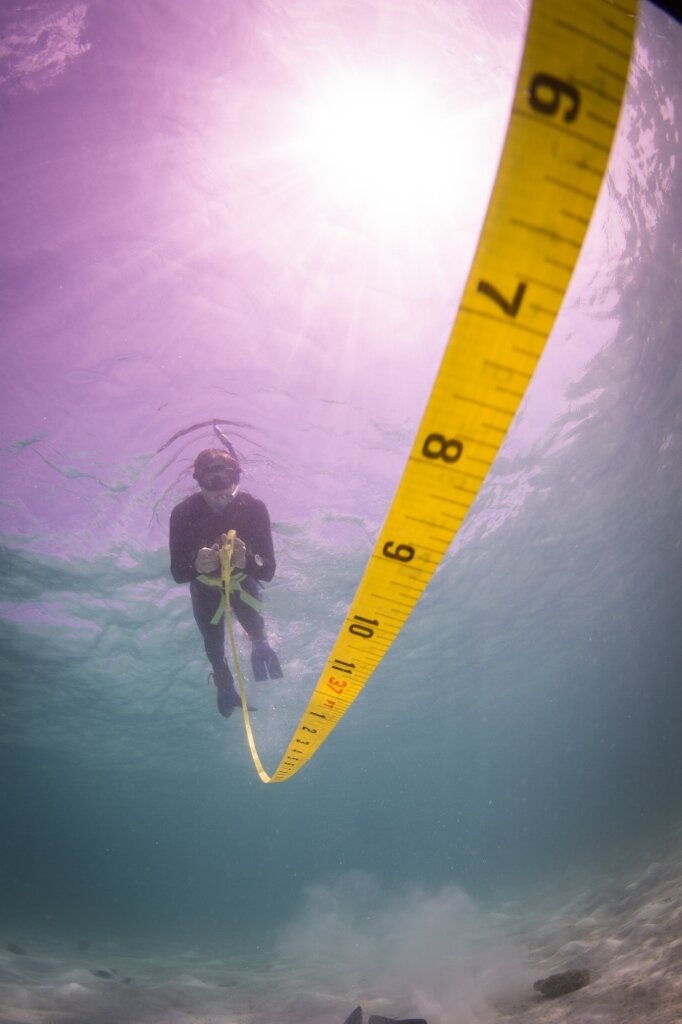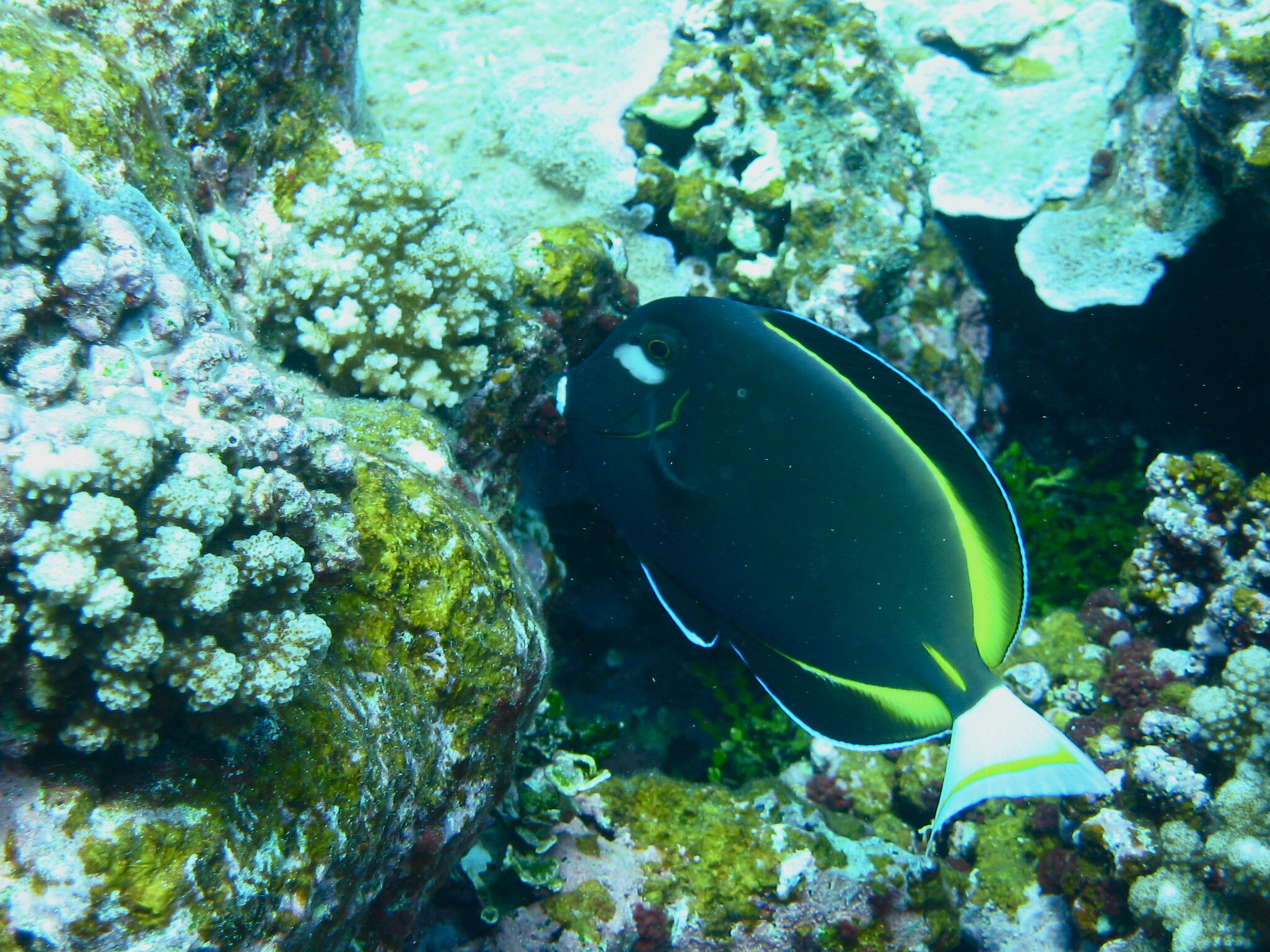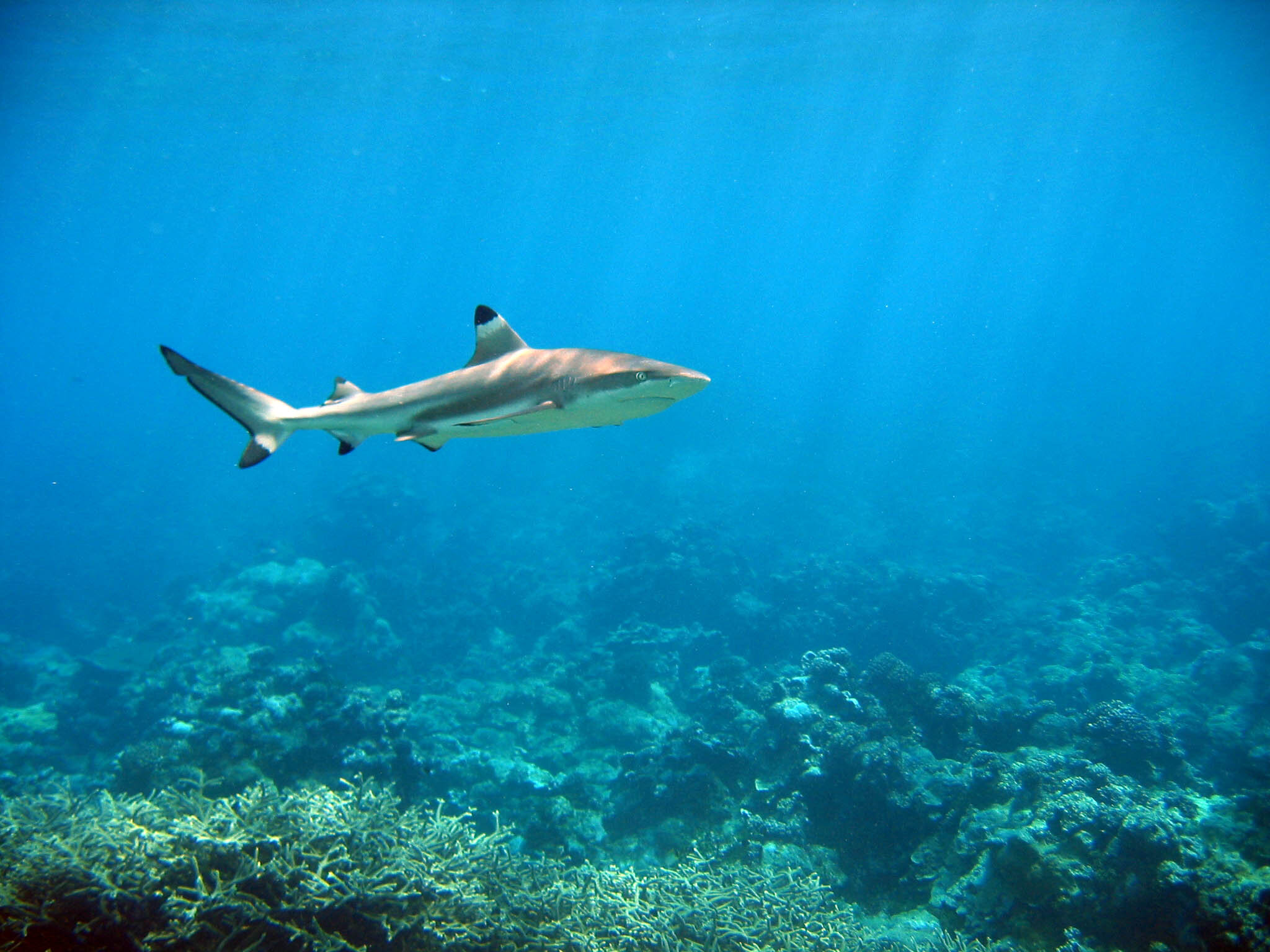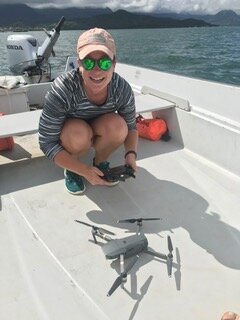Ph.D. fellowship available: Assessing reef health from large-scale vegetation patterns
Ph.D. Fellowship: What can seascape-scale vegetation patterns on coral reefs tell us about reef health?
HawaiʻiInstitute of Marine Biology
University of Hawaiʻiat Mānoa
Fellowship description
A two-year Ph.D. fellowship with full tuition support in the area of quantitative marine ecology is available in the Elizabeth Madin Laboratory (www.oceansphere.org) at the University of Hawaiʻi at Mānoa’s Hawaiʻi Institute of Marine Biology (https://www.hawaii.edu/himb/). The successful candidate will lead a research project investigating large-scale marine vegetation patterns (reef halos) on coral reefs through the use of both mesocosms (i.e., large, laboratory-based aquaria) and field experiments (further details on the project available upon request). The two-year fellowship is funded by the Hawaiʻi Sea Grant Program (http://seagrant.soest.hawaii.edu), which aims to identify Hawaiʻi’s critical resource management issues and guide cutting-edge scientific research to address these challenges. Research Assistant positions, Teaching Assistant positions, and/or other funding streams may be available to support the selected applicant in subsequent quarters following the two-year fellowship period.
Required qualifications
· A bachelor’s or master’s degree in biology, ecology, oceanography, or a related field;
· A strong interest in constructing and maintaining laboratory aquaria facilities;
· A strong interest and field and lab research and quantitative analyses;
· An open water (or higher) SCUBA certification;
· A strong sense of self-motivation;
· Excellent organizational, time management, and problem-solving skills;
· Strong interpersonal and communication skills, including the ability to work both independently and collaboratively;
· A strong desire to inform conservation and ecosystem management via your research.
Desirable qualifications
Strong candidates will also possess one or more of the following:
· Experience constructing and managing laboratory aquaria facilities;
· Experience participating in or leading marine field expeditions, including the use of snorkelling and SCUBA diving;
· Experience as a small boat operator;
· Experience conducting quantitative analyses using R (or related programming languages);
· Evidence of success in previous projects, including publications and/or professional presentations;
· Ability to travel internationally for fieldwork and/or conferences.
Research Environment
The fellow will be based in the lab of Dr. Elizabeth Madin at the Hawaiʻi Institute of Marine Biology (HIMB). HIMB is within the School of Ocean and Earth Science and Technology (SOEST; www.soest.hawaii.edu) at the University of Hawaiʻi at Mānoa. HIMB provides unparalleled research opportunities, in particular due to its unique location on Moku o Lo‘e Island (Coconut Island) surrounded by a coral reef in Kāne‘ohe Bay on the windward side of the island of O‘ahu (~ 24 km from the main university campus in Mānoa).
The Madin lab is rapidly developing a supportive and stimulating research environment with a group of highly collegial scientists who are committed to scientific outreach, to open science, and to enhancing diversity in STEM. We offer a family-friendly, flexible work environment where work-life balance is encouraged.
How to apply
UPDATE: We are no longer receiving letters of interest for this fellowship, Future announcements of this sort will be posted on our News page. Feel free to check our Join Us page if you are interested in applying for graduate school in the lab outside of this opportunity.
Potential applicants should submit the materials below via email to Dr. Madin (emadin@hawaii.edu) as soon as possiblefor guidance on whether to formally apply to UH’s graduate program (to which applications are due Dec. 15 for an Aug./Sept. 2020 start date). Materials should be submitted as a single PDF document, with your last name in the file name (e.g., ApplicantLastName.pdf) and the email subject heading “Madin Lab Sea Grant fellowship”.
· A brief (<2 page) cover letter explaining your motivation for applying for this position and how you satisfy each of the required and desirable qualifications (as a point-by-point list, with responses under each of the qualifications’ bullet points);
· A CV or resume (including GRE scores);
· Names and contact details for three potential references.
The Madin Lab is committed to equality and diversity and we encourage applications from STEM-underrepresented groups and international applicants.
